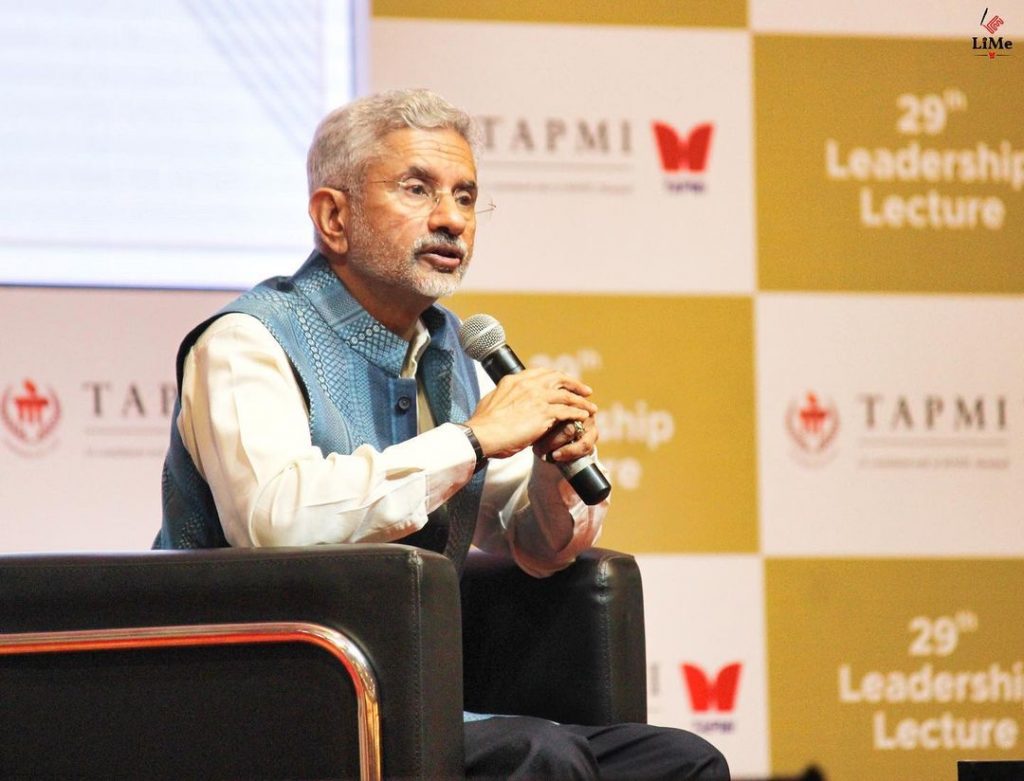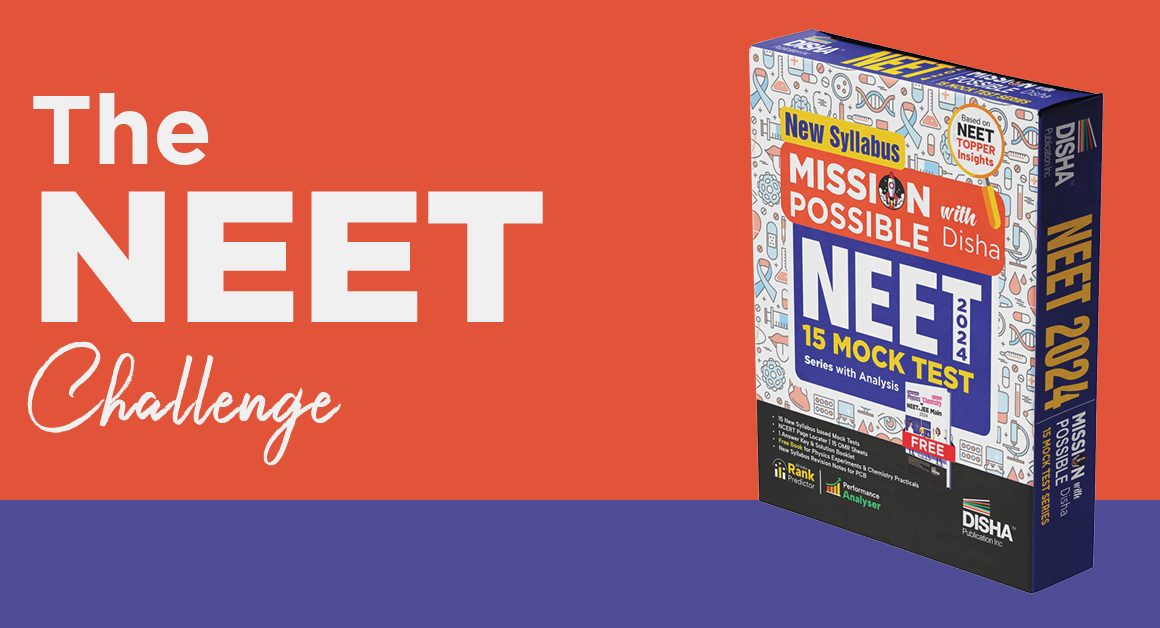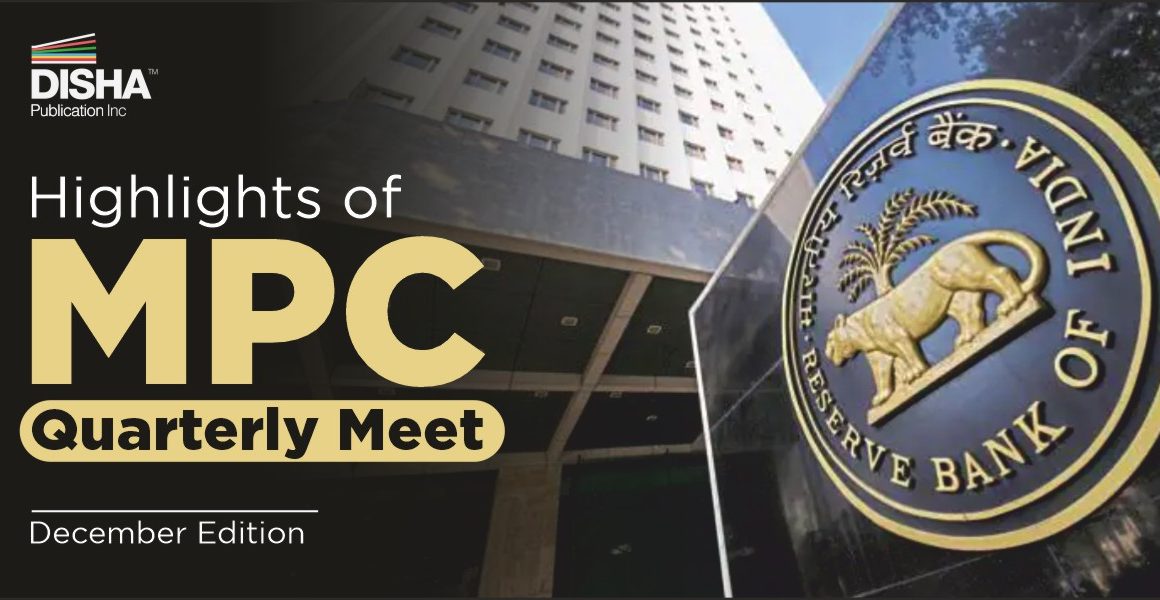

Gist of Dr. S Jaishankar, the External Affairs Minister’s Lecture on 'India in the Amritkaal 'at TAPMI, Manipal on 19th March 2023
Must read for all Civil Services, State PSC and other Competitive Exam aspirants.
Also valuable for all students and academicians who want to gain deep insights into India’s Foreign Policy, Diplomacy and International Relations.



Images Source: TAPMI
Event: 29th TAPMI Leadership Lecture by External Affairs Minister on the topic ‘India in the Amritkaal’
Hon’ble External Affairs Minister, Dr. S. Jaishankar delivered the 29th Leadership Lecture hosted by the T. A. Pai Management Institute (TAPMI), Manipal on 19th March 2023. TAPMI is a private autonomous Business School in India. It was established in 1980 and is located in the university town of Manipal in Karnataka.
At the Leadership Lecture event, students had the wonderful opportunity to interact with the Minister and gain insights into his vision for India in the Amritkaal. He urged the students to take up challenges and use the levers of social, economic, and governance systems to bring about transformation in the country.
“Building a prosperous country requires intermingling of cultures, economics, and a deep conviction to foster external ties.” — Dr. S. Jaishankar, Hon’ble External Affairs Minister, Government of India.
Given below is the speech summary in points.
Summary:
- The socio-economic developments in the country as well as progress or failure on the domestic front mattered while dealing with International Relations (IR).
- Foreign policy is a reflection of what happens at home, and it is also a driver of what happens at home.
- No country can do averagely at home and then be hugely respected at the international level.
- The Digital era has also revolutionized not only technology but also politics and the foreign policy. It has also put a premium on trust and transparency.
- Every country is not the same; we positioned ourselves in a way that we are treated as people who are trusted in the world.
- The hottest subject in the world politics today, is not about oil, not even military but the chips. Who is making chips?, who is controlling the ability to make these chips?, who is doing the high end?, who is doing the big volumes? The shortage of chips has been one of the major economic challenges the world is facing.
- 75 years of independence are full of achievements, challenges and also of shortcomings. We overcame all of these challenging in post- independence India.
- The achievement of the last decade has positioned us and provided a platform to contemplate an era to plan for an era and to aspire for a big goal on the centenary of our independence
- The first big achievement has been the reduction of poverty both in the intensity and the rate and extent in India. These are reflected through 17 Sustainable Development Goals(SDGs), in the form of our National Campaigns.
- National campaigns such as Digital India, Jal Jeevan Mission, Swachch Bharat, Startup Indiaand Beti Bachao Beti Padhao had become a part of the national effort to achieve global goals by the end of this decade.
- All the developments at home equip us to face the world. All the major achievements in social development indices at domestic front helps in feeding ‘Comprehensive National Power’ and no amount of smart diplomacy will compensate if any lack in this power.
- India would emerge as the leading power in ‘Amrit Kaal’ and move towards becoming a developed nation. “Economics, demographics, skills and technology point in that direction.”
- Exhorting the youth of the country he told them to prepare and position themselves to suit the global workplace in the next 25 years when the country would complete its centenary of independence. Amrit Kaal are years of youth and there is huge expectations of the nation from them.
- He requested the youth to see world as a global workplace and think of global aspirations in mind.
- Make in India is a mindset. It is expression of our ability to manufacture and finding solutions to our problems.
- Centre’s initiatives in various sectors during the last decade had helped families living in poverty.
- Around 800 million people in the country had been getting food support for the past two-and-half years, and this been a key factor in dealing with the social consequences of the pandemic.
- About one-third of the population in the country is getting pension benefits and 415 million people are getting money in their bank accounts through Direct Benefit Transfer (DBT).
- Around 30 million houses had been built for the poor under the Pradhan Mantri Awas Yojana (PWAY).
- Digitally-driven change is bringing about a silent democratic revolution in the use of technology in India, and country had created a digital platform that transformed governance and cut down leakages.
- There will be an integration of technology at the global level and world acts as a Global tech place and people are aware of importance of data in this digital era.
- There is acute shortage of chip designers and engineers and there are new places where these services have been relocated and it is great opportunity for India as more than 40000 Indians are working on chip designing in India.
- The world has learnt from the pandemic that overinvestment at a limited geography can be easily affected due to policy, due to things like pandemic, climate-change etc.
- The major challenge to the world is how to de-risk the global economy, how to have a reliable, and redundant supply chain, as we have learnt how the chain got affected due to a single virus.
- The present Indian Government has vision to see this as an opportunity and courage to make the commitments to meet these challenges.
- The flow of manufacturing chain in India is becoming high and advanced technology Companies like Apple trusted India for production of I-phones.
- The economic rebalancing activity used to take place over a period and with these changes the politics also changes, but culture is harder to change. Thus important aspect of foreign policy is ‘whose narrative, whose practice, whose judgement’ is respected.
- We are a society who is deeply connected to the world, and we should see it while facing the world.
- We can also prepare ourselves by changing our landscapes. We have neighbours we are bound with common history, culture and geography but due to political reasons have been differentiated. Should we live with these divisions, in terms of collective resources or should be pool these for our common prosperity?
- Developing a global footprint is important and it takes decades to build this. In the last decade India has developed footprints in Middle East, South East Asia/ASEAN, Central Asia, Gulf region, Islands of the Indian Ocean etc.
- It is also important to position ourselves and have a vision of next 25 years in terms of services, business and for this we need to start today for the next two decades and we are preparing for the Amrit Kaal as Indian diplomacy is much more active in Latin America, in the pacific islands.
- Keep partnerships with crucial countries. India is partnering in QUAD at one end and I2U2 on the other end and each of these are steps to prepare ourselves for various challenges like combating terrorism, constricting and cut off finances to the terrorism.
Q & A Session on Foreign Policy and International Relations (IR)
Q 1. What does it mean for India in a broader context of China brokering a Saudi-Iran truce? Does it also blunt US foreign policy in the region?
Dr. S Jaishankar: The gulf is a region whose well being is of deep interest for us. Partly due to energy, the proximity, the trade but also because about 8 million Indians live in that region. Any conflict, friction, tension in this region is a matter of concern for us. If gulf countries are able to mitigate it and resolve the problem, I don’t think anybody would take any view other than the positive view on it.
Where this mediation process happens, who mediates with whom, that is an interesting proposition to watch, when we speak anything about rebalancing in the world, it seems very academic context. It translates itself really into behaviour of state.
For us it’s not just two countries went to China and worked out some arrangement, we look for how that arrangement progresses. It’s also the thinking of the region itself. At one level it say something about China but on other level it also say something about Saudi Arabia and Iran as well.
It’s a very good illustration about the changes that I have been trying to project.
The day when there were dominant power and they would be dominant forever and their writ would run and now that whole period is undergoing a change and a large part of this change will be more regional; the regional developments, regional solutions, the regional autonomous players.
Q 2. India has a growing Diaspora which contribute significantly to socially and cultural development, how does a government engage to the Diaspora and what role it plays in the India’s foreign policy?
Dr. S Jaishankar: The Diaspora obviously plays a very prominent role and it is a big asset. The Diaspora deserves to be a responsibility of the country and the government. It is not a simple matter but a sensitive one.
The Diaspora lives abroad and overall our efforts in the last 10 years are on to keep a bond with the Mother Country strong. To encourage them to contribute in whatever way they are comfortable, to ensure they have the facilities, the access which they rightfully deserve. Sometimes there are distress situation and Diaspora is a very broad spectrum in terms of income. A big part of Diaspora is blue collar workers and often they require direct support like people who have lost their job. Sometimes we need to take the body back or sometimes a woman who need a legal representation. The degree and attention they are getting is very high.
In the last 10 years the passport centres have been increased from 100 to 500 without adding any burden to the exchequer. In a very innovative way, the external affairs ministry collaborated with India post and used their facility to provide this service. This is based on our policy of ‘Minimum Government, Maximum Governance”.
Q 3. What are strategies for aligning foreign policy with our economic interests?
Dr. S Jaishankar: Today our economic interests are the primary drivers of foreign policy. If we judge our own history, we didn’t put enough efforts into making our economic interests the Centrepiece of our actions. Now it has changed in multiple ways.
Just for example, after pandemic we were very confident that economy will recover very fast because we used our finances very-very prudently and supported our population with food support and support to the informal sectors. During that period the Prime Minister himself directed us to ramp up the exports, because exports especially the Indian exports have an enormous employment consequence. When we are pushing exports it is not just the improving the numbers, at the factory level we are creating jobs, we are facilitating the process of recovery.
During that period first time in the Indian history the Prime Minister, the Foreign Ministry and the Commerce and Industry Ministry sat together and worked through our embassies in differ part of the world and instructed them to work on how we can push our exports. We put a target of 400 billion and we exceeded by 110%.
Today the export push, the technology push, the best practices push, the collaborations push. How make in India is done by foreign companies like Apple for example; all reflects the change in our economic centric foreign policy.
Q 4. As a former diplomat what advice you will give to students of languages who aspire to be mediators between different cultures?
Dr. S Jaishankar: The language gives us the mindset understanding that no amount of data or descriptive analysis can actually give you. With language we also imbibe the degree of culture and the thought process and how to deal with each other.
Your language and your etiquettes are directly linked and your etiquettes drive the effectiveness of your diplomacy.
Q 5. Isn’t it a high time that India creates its own global media channel to the counter biased narrative of the representation of India?
Dr. S Jaishankar: It’s a kind of yes or No answer. Yes, because old media still makes an impact. You will be surprised to know that Television channels have long lasting impact, the newspaper a bit less. Yes, we should and it’s an ongoing debate among us.
But other part of me also thinks that if it is more like a 20th Century. If you look for social media that is a different world, that is more decentralized, that is more contributory but less disciplined and it’s a world that appeals to many based on their level of energy and effervescence appeals to our individualistic
As a foreign Minister yes, may be a TV Channel that projects us abroad. Like NHK, CCTV, RTL does.
Q 6. How are we leveraging our soft power to advance our foreign policy priorities?
Dr. S Jaishankar: A large part of soft power is, it should not appear to be visibly straight directed to the Government policy. The more you do that the more you undermine what you are doing. People sometimes take the word ‘soft power’ literally and means you set up institutions, you have to project your language, your culture. A lot of soft power is about narrative. There is a continuous competition to actually define what are the metaphors and even the correctness of behaviour in the world. It can have many facets.
In the past in a foreign nation somebody asked me, you are among the top ten big economies but we don’t know about any Indian historical figure, any contemporary figure. We read about the rest of the world why is it you history, your culture even your strategy is absent from the global discourse. That provoked me to write a chapter on Mahabharata. This great epic has everything a range of concepts from balance of power, to political correctness to deception, but we haven’t projected it in that way. Recently somebody told me, why we don’t do a conference on International Relations (IR) departments of this country and draw upon our epics, our historical tales to get across the right narrative.
I am happy to give you an example where we received the fabulous success; it is the International Day of Yoga. We did not try to micromanage it, own it, but what we did softly connected through enthusiasm rather than any material way, made it a common cause. You can see what a big impact it made. When I go abroad, the Yoga and the digital delivery (and cricket in the region it is played) are probably two most common subjects of our conversation.


